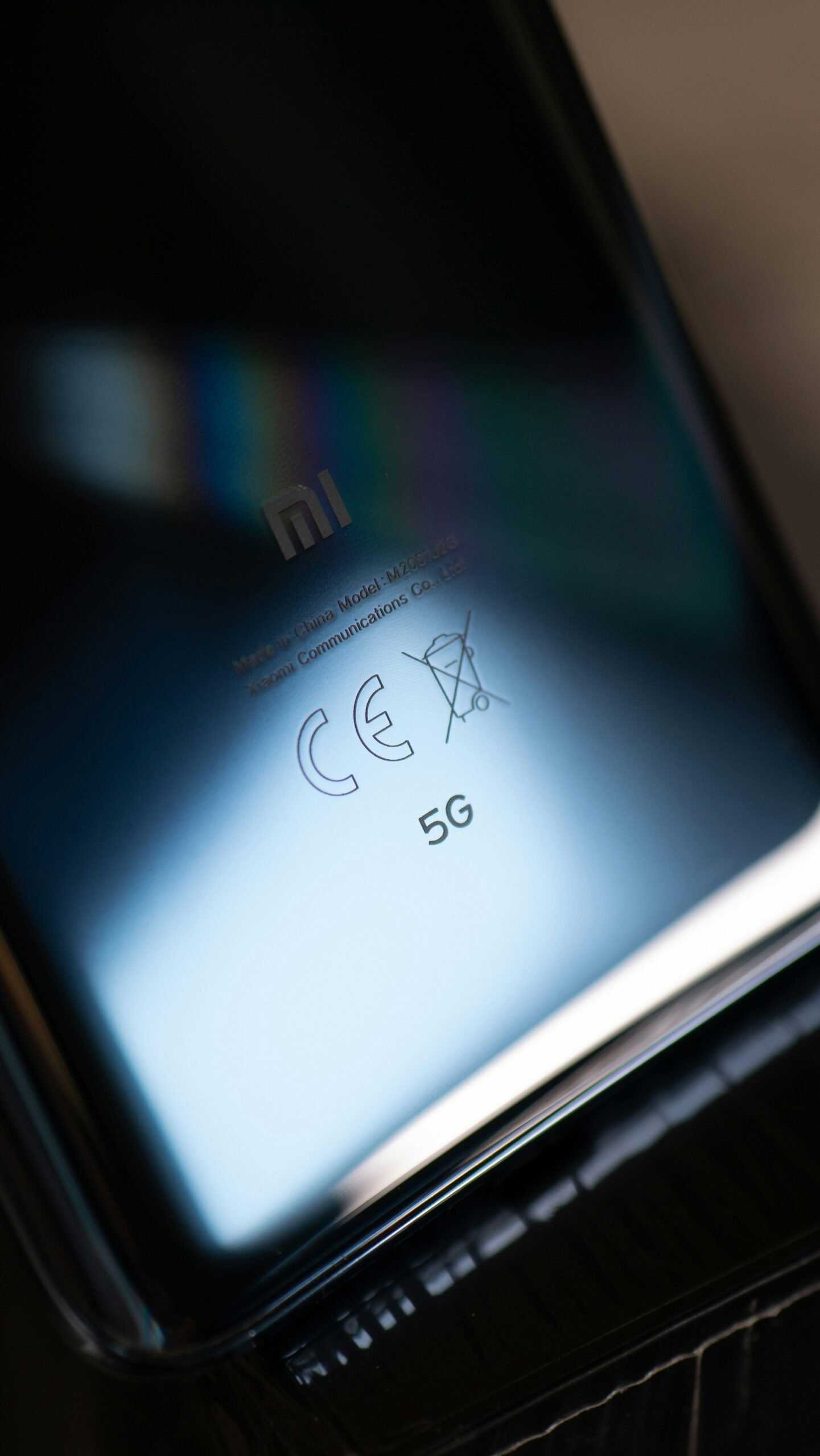Introduction
With the rapid development of technology, the fifth generation of wireless technology, known as 5G, has become a hot topic in the telecommunications industry. As the demand for 5G professionals continues to grow, it is important to be well-prepared for interviews in this field. In this article, we will provide you with a list of commonly asked 5G interview questions and their corresponding answers to help you ace your next interview.
1. What is 5G?
Answer: 5G is the fifth generation of wireless technology that aims to provide faster speeds, lower latency, and increased capacity compared to its predecessors. It utilizes higher frequency bands and advanced antenna technologies to deliver enhanced connectivity and support for a wide range of applications, including Internet of Things (IoT), autonomous vehicles, virtual reality, and more.
2. What are the key features of 5G?
Answer: The key features of 5G include:
- Higher data transfer speeds
- Lower latency
- Increased network capacity
- Improved reliability
- Support for a massive number of connected devices
3. What are the different frequency bands used in 5G?
Answer: 5G utilizes three different frequency bands:
- Low-band: Provides wide coverage but limited speed improvements compared to previous generations.
- Mid-band: Offers a balance between coverage and speed.
- High-band (mmWave): Delivers extremely high speeds but has limited coverage due to shorter wavelengths.
4. How does 5G differ from 4G?
Answer: 5G differs from 4G in several ways:
- Speed: 5G provides significantly faster download and upload speeds compared to 4G.
- Latency: 5G offers much lower latency, resulting in reduced delays in data transmission.
- Capacity: 5G has a higher network capacity, allowing for more simultaneous connections and data transfer.
- Connection Density: 5G supports a massive number of connected devices per unit area, making it ideal for IoT applications.
5. What are the potential applications of 5G?
Answer: 5G has the potential to revolutionize various industries and enable new applications, including:
- Smart cities with connected infrastructure
- Autonomous vehicles and transportation systems
- Remote healthcare and telemedicine
- Virtual and augmented reality experiences
- Industrial automation and robotics
6. What are the challenges in implementing 5G?
Answer: Some of the challenges in implementing 5G include:
- Infrastructure: Building the necessary infrastructure, including new towers and small cells, to support 5G networks.
- Cost: The cost of deploying and upgrading 5G networks can be significant for telecom operators.
- Interference: Higher frequency bands used in 5G can be more susceptible to interference from physical obstacles.
- Regulatory requirements: Adhering to regulatory requirements and obtaining necessary spectrum licenses for 5G deployment.
7. How will 5G impact the IoT?
Answer: 5G will have a significant impact on the IoT by enabling a massive number of connected devices to communicate seamlessly. It will provide the necessary bandwidth, low latency, and high reliability required for IoT applications, leading to advancements in areas such as smart homes, industrial automation, and smart cities.
Conclusion
As the world embraces the possibilities of 5G technology, it is crucial to be well-prepared for interviews in this field. By familiarizing yourself with these commonly asked 5G interview questions and their answers, you will be better equipped to showcase your knowledge and expertise in 5G technology, increasing your chances of success in landing a job in this exciting and rapidly evolving industry.



